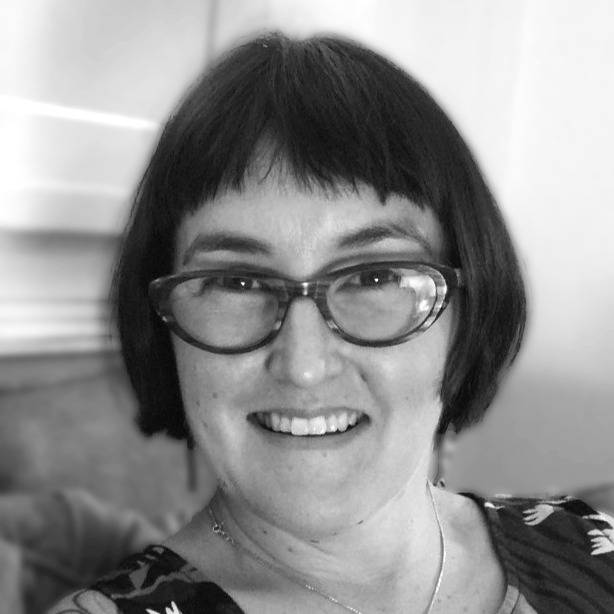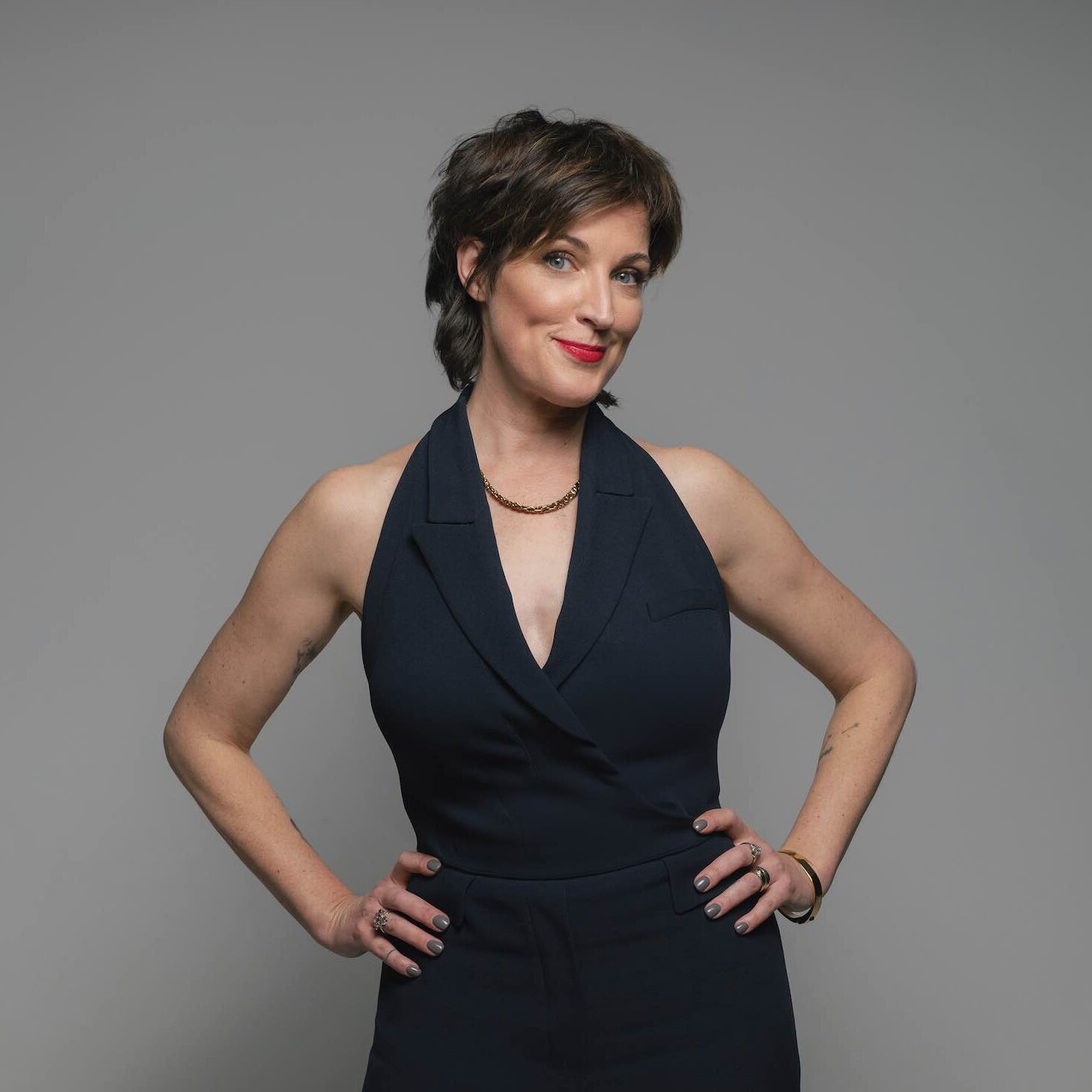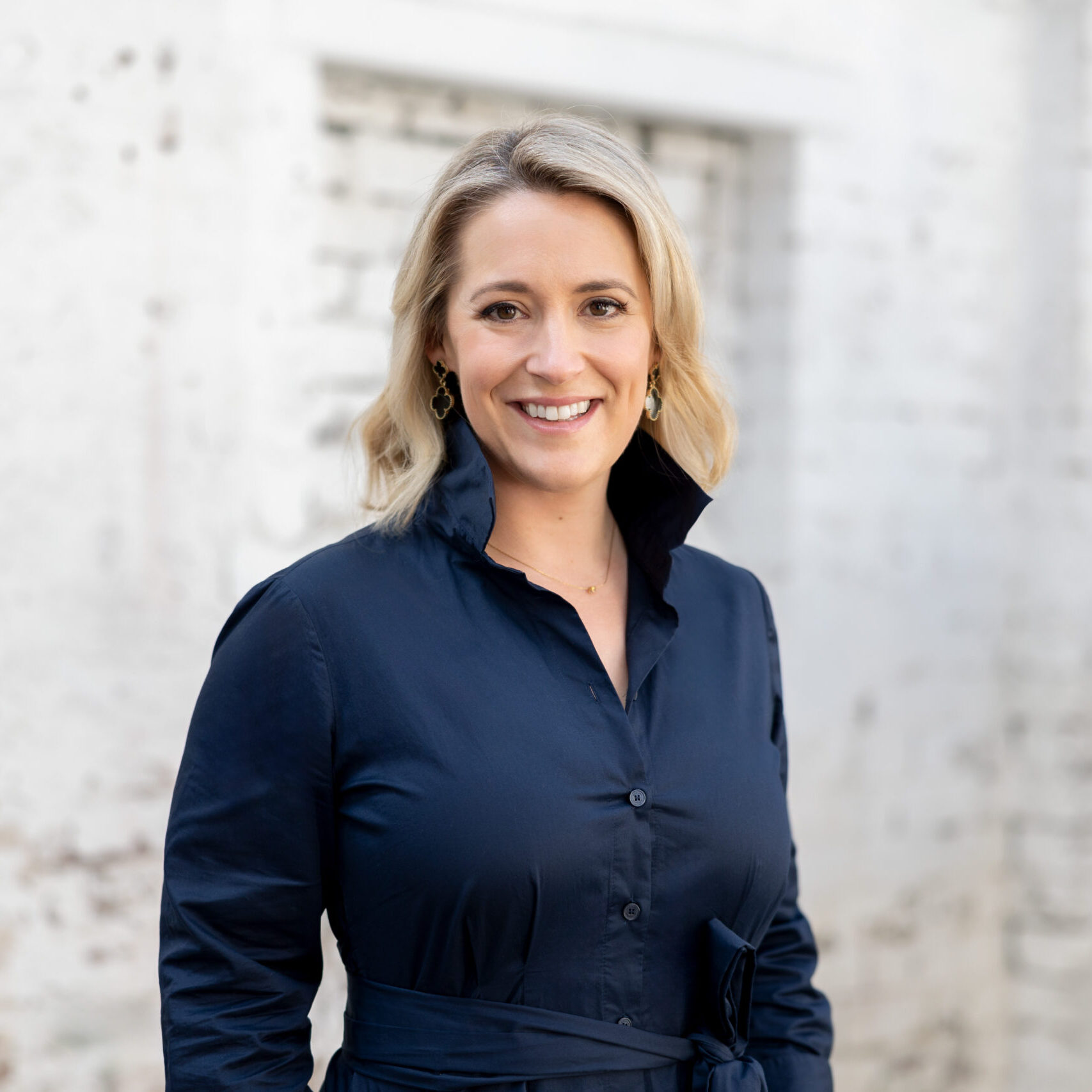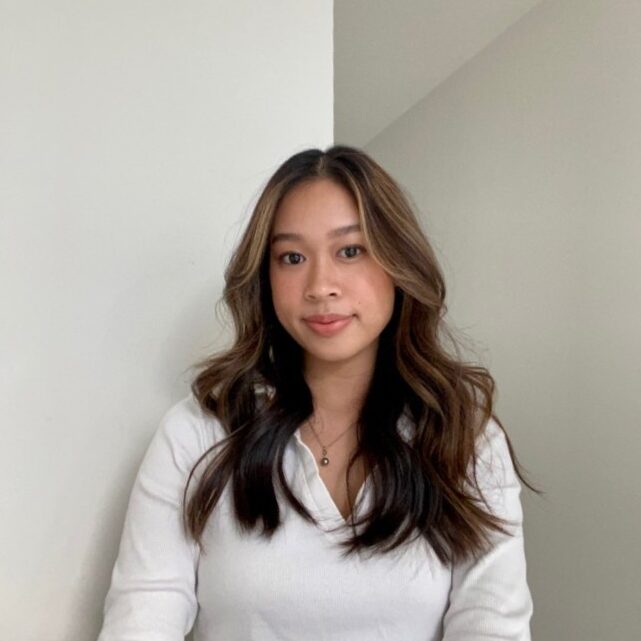
In Conversation with Mick Sowry
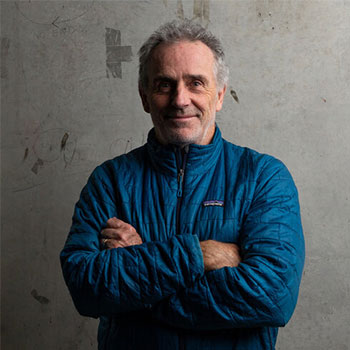
How did you get into Advertising, Film, and Photography– was it by accident or design?
I think I’d have to reflect on my life in school, and probably confusion about what I wanted to be. And teachers, in an unevenness of quality at the school I went to too. I was interested in everything, endlessly curious. Art, Science, Maths, English, and pretty good at everything too to the point I didn’t really have to study to do ok. But I was a lazy little shit too as I’d want to be out in the water, or on my skateboard or bike or whatever.
When I discovered surfing around 14 I became very distracted. On reflection, it became an escape from my confusion of career choice, but also created a loss of academic focus to do well. I escaped to the sea. I ended up doing the HSC twice as I dove off to the surf on exam days and so had to repeat. God knows what I was thinking. A clue may have been in the drawings on my workbooks. I was semi-famous at school for the doodles, if not the marks.
In my heart back then though I know I wanted to do fine art, but I think the pressure to make a living had me looking at design of some sort. I tried industrial, but shifted to graphic after a year, not really knowing where it would head, ended up getting thrown out at the end of second year as I’d be disappearing to the beach if a subject didn’t interest me. I just wanted to be outside.
It was there though that I began a love affair with photography as a background thing I just did. Always had a good camera after that.
I ended up getting a job as an illustrator at my first agency, which saw me gravitate towards art direction. These were the days when ‘having a good hand’ was a blessing. Because I could draw easily, visualise and think conceptually, things I could do quite naturally helped me along my way.
But then I upped stakes and went surfing around the world for a couple of years before putting my head down, re-entering advertising in earnest and taking it (relatively) seriously at about 27.
All in all it was an accident, but the thing I really think helped me was an endless curiosity about the world. I think that is my biggest asset. Being interested in everything – and being able to place yourself into another’s head. You can’t buy empathy.
In your opinion, what’s the best work you’ve done?
The best advertising work I’ve ever done never saw the light of day. Probably true of most who read this. I don’t look on my advertising career with any great relish beyond giving my family all I could give it. That might sound a bit bleak but I wasn’t a happy fit. The number of times I was told I ‘should have been an artist’ would fill a book. Again, always, my head was out the window.
That being said, I worked in some very good agencies, made a bunch of lifelong friends, earned some respect, and did work that kept me employed for nearly thirty years.
Come the mid 2000’s though, around 53 at the time, I was clearly in a transition mode and wanted to do something that meant something to me, in my heart. I’d had an idea for a film, and with my wife Sue’s blessing we sold the house. After twenty years of marriage she knew me well, and bless her cotton socks said ‘Well now or never’. The plan had been to park the money in a managed fund, see out a dream while not having to worry so much about a mortgage, and then buy again in a few years while the money grew in a booming investment market. As it turned out literally two weeks after I dropped the money in the fund, the GFC happened and I lost most of a life’s savings.
Hilarious.
Regardless I had started the film work, and had approached Richard Tognetti of the Australian Chamber Orchestra, out of the blue and at random from his POV, as I liked the eclectic musical mind he had, and broached my idea to him, He loved it and agreed to come on board as a musical director/sound designer if I found the funds.
Not long after that he asked me to come on board a project of his own and direct some filming he wanted done for a concert series. Off that I had the idea to make a doco about that process and wrote a short treatment. That treatment ended up in the hands of Foxtel, who, shockingly, gave me some money. I ended up putting together a crew which included a guy called Jon Frank, an insanely gifted water cameraman and photographer, who became a great friend. Likewise working with Richard Tognetti, as he is a monstrous talent, a formidable intellect, and I counted my blessings having these two as my collaborators. The end result was a 45 minute short film called Musica Surfica, about the benefits of risk in learning and creativity. It won awards left right and centre, made us no money, as docos generally don’t, but it did start a beautiful relationship with Richard, Jonny, and the entire ACO.
By now our family finances were in a pretty perilous state so we moved to the Surf Coast for cheaper rents and a coastal life – which was hard in some ways, away from our old network and friends, but this has grown into the best decision we ever made, save what happened in 2018.
In mid 2011 the ACO came back to me, off the back of Musica Surfica’s artistic success, to attempt another, far more ambitious project.
‘We’re going to the desert to do The Reef Mick. You’re directing it’. ‘It will be in the desert, and the sea, in North West WA’.
Beyond that I had to come up with an idea that worked when we didn’t know what we’d get. And put together, with help, our crew and cast. So from then into 2012 I wrote, produced (with some reticence, and a lot of help from CosWeCan’s Fran Derham), directed and co-edited The Reef, a live concert for film and orchestra, that ended up touring the world to great success. It was filmed in the coastal desert of NW Western Australia over 3 weeks in mid 2012, edited in the three weeks following and premiered in early June. A feature length film in two months, I’d never worked under so much pressure. Imagine editing in a small room on the coast knowing whatever you did would be at the Sydney Opera House in a couple of weeks. It filled concert halls around the country, I got to take a bow at Hamer Hall, it played the Opera House three times, and also played in Hong Kong and in Europe. It was magic. I was so proud of what we’d done.
After The Reef, randomly, I’d been showing a mate an idea I’d been gestating for a few years. I’d had the idea for a magazine of art, ideas, philosophy, photography, poetry, science, and the sea, based on ‘if I’m interested in all of this, there must be plenty of others who are too’. I called them people with ‘sea-affected lives’
The common denominator had to be what I called ‘saltiness’. If it had an oceanic element it earned a spot. So all of this was in my head and in several iterations of issues as scamps in my computer. One day I randomly showed the ideas to Mark Willett, a best mate, ad guy, ‘round the world yachtsman – and surfing buddy. He said ‘Let’s give this a crack’. Mark had business nous, which I sadly lack, we hooked another friend in barrister-with-literary-dreams Jock Serong, to come on as Editor – as I couldn’t do everything and stay sane – and we started Great Ocean Quarterly. I was the Creative Director, did all design, build, looked after image sourcing and most art-based articles, photo editing, colour grading, print production, plus calligraphy, illustration and the odd written piece. Jock wrote stand-alone pieces and sourced or commissioned editorial content from Oz and around the world. As Editor his ‘voice’ was us to a tee. His editorials could have you howling with laughter or in tears. He is quite brilliant.
So, over the next three years it was 24/7 on GOQ, a quality 130-page journal every three months, with just two guys building it while Mark did an equivalent amount of work covering sales, business, distribution etc.
We thought we’d start to see a return perhaps three issues in, but seven in, with sales growing only slowly, we ran out of money. We never made a cent from it, but it was the best work we’d ever done. We were immensely proud of what we did, I know I learned an enormous amount, made lots of mistakes, but we had the biggest crack we could at making something good and beautiful. But we had to pull the pin with an eighth issue in the barrel ready to go.
That hurt so much.
Around that time The ACO approached me to help with a second tour of The Reef. The Reef Redux. Returning to the desert, again writer, now sole producer, director and co-edit, with Jonny, more filming, a much longer post-production period, with a view to a tour of the US and to London the following year.
I also attempted to do this as a feature film, co-wrote (with screenwriter Sarah Rosetti and my producer mate Richard Todd, both of Frackman fame) a very ambitious screenplay that almost got over the line with Screen Australia, but not quite, so we reset and concentrated on the live show, which had to be made anyway. It was beset with weather issues, which would have killed the feature if we’d been green lit so a lucky dodge there, new compositions were conceived and added, with Richard and his musical assistant Joseph Nizetti creating on the fly as we built an edit around musical ideas and they both grew together. Fabulous creative experiences. In hindsight I feel I could have done things better as a director and stager, though did get great help later from staging master Nigel Jamieson, but as I seem to do all the time, I just bit off more that I could chew and hoped I’d pull it off. Again, it did well at the box office and with the audiences, to the puzzlement of some critics.
I’d seen The Reef in both forms as a long cinematic painting that was constructed as a mythic day in and around the sea, with the premise of this day representing a life, your life, from birth to death. But no narrative, just musical cues to where in life you were. It starts underwater and ends with the last star in the sky, your life, blinking out. Some got it. Some didn’t.
We played Disney Hall in LA, and the Barbican in London with the Redux. That was so cool to see it at packed houses in those venues.
Once that was done, I had to go back to making a living, we are at 2016 now, I’ve swung past 60 and re-entered advertising for a couple of years as a freelancer, commuting to Melbourne, at the same time that Sue was working in town managing a fashion store, both of us ships in the night as we had our heads down with life. My son Tom was also having some sports injury related health issues and things were not easy. In the background I was doing other freelance gigs, shooting a lot for myself, and even cleaning houses with Sue, which Sue had started to do as a side hustle.
Then in early 2018 we decided to concentrate on working from home. No more Melbourne. We wanted more time together. I’d begun working towards making my photography a paying thing as well, not just something I did. We joined forces on the cleaning and also dabbled in an Airbnb thing with our house. I did freelance work of any sort I could get, including managing a surfboard factory, just starting to make life fun, if hard at times physically.
Then one day Sue was diagnosed with pancreatic cancer, and she was gone in five months, just like that. It was absolute hell for her, and my boys and I as a family. She was so brave and giving in her dying. I mean that in that she would not allow sadness near her. To go surrounded by the joy you gave people has a transcendent grace. That was Sue. Losing her nearly did me. That journey, the afterwards, had many, many steps but now I’m in that stage of what next? I understand grief, connection, and even more about what love is.
At Sue’s funeral in Jan ‘19, my Great Ocean Quarterly partners saw my state, and my loss, and gently suggested we think about producing The Lost Eighth edition, as we came to call it. 2019 was a mess for me, I just couldn’t, but we did reignite it the following year, last year. It was such a joy, if only for just one more issue. We all discovered we were actually pretty good as publishers. We’re now trying to figure out what next as our lives are so complex. Jock is a successful author, having left the law for 5 bestsellers, Mark works in maritime business interests on a world scale, so GOQ as a dedicated thing would need a big cash injection to give it a decent chance. Who knows? We haven’t buried the thought.
So now – I’m working towards the photography exhibition, with some plans to get into the ocean with a housing and explore some ideas around shooting in storms.
My work is based around the sea, focussing (or not, some might argue) on nuance and the beauty of small things, as much as the majesty. As a surfer you see so much the rest of the world misses, and that is what I’m trying to share. I am not a surfing photographer. There are plenty out there doing that. Of course, if a friend flies by I’ll do my best to do him (or her) proud, but otherwise, no. I am already getting sales and have a Melbourne artist’s representative working with me. I also work regularly with an ad agency as their creative brains trust when they need me. As well I’m shooting stills for them – and writing for a couple of magazines. Keeping very busy. I’ve also met someone I love deeply, and she is a surprise I never ever expected. Sue would be happy, and approve, but she’d probably laugh too, with joy. The only thing we ever wanted for each other was some form of contentment, and happiness, so I know what she’d feel.
On reflection though the one little passage at the end of my eulogy for Sue, written as she read beside me a month or so before she died, is the most heartfelt work I’ve done. I’m not sure if ‘proud’ is the right word but I know it said ‘us’
“We know that every life is an example of the universe made conscious. We rise out of an ocean of infinite possibilities, and for a brief instant in that vastness of deep time our spark shines. Sue was the brilliant little nova that I fell in love with. We created a flawed glorious life together. We loved and made that love grow. We created a family. Now she has fallen back into that ocean we all must join someday. We become parts of other lives even as we share the air we breathe. We share our atoms through eternity.
I’d like to think that trillions of years into the future little bits of she and me, and you, and we, will bump into each other and there will be some strange, magical flicker that says… ‘I remember you. And we loved’”.
So far, what’s been the biggest challenge of your career?
The years since I formally left advertising. Re-inventing myself in several different ways. Massive learning curves in my fifties, and now sixties. It’s still going on, at just turned 67. I can’t retire so will work until I drop. I truly hope to drown or get eaten as after seeing Sue go anything is better than that and getting old has got whiskers on it. But not just yet. My oceanic life remains a centre, and of course our – now men – Joey, soon 29, Tommy, 26, and Penny.
Name one person in the creative industry you’ve truly admired?
Anyone who wasn’t self-important and arrogant. It has to be fun for everyone. The good work comes with fun. It has to involve laughter – and being humane. Every person who remains a friend is someone I’ve admired.
Is there anything you wish you’d done differently?
Of course, but that is wisdom from hindsight. I’d be mad not to say I couldn’t do better if I started again.
What do you think the future holds for the creative industry?
Relentless change of course. I hope a return to a primacy of the idea, and not what seems to be a primacy of media, if that makes any sense.
Recent work
Here are a few snaps of recent work, plus a link to the entire Musica Surfica film (sit down with a vino – its worth it – only 46 mins) and to one section from the Reef (Hypnosis ) that we developed around an evolving composition. It grew and grew.
Share it around…


